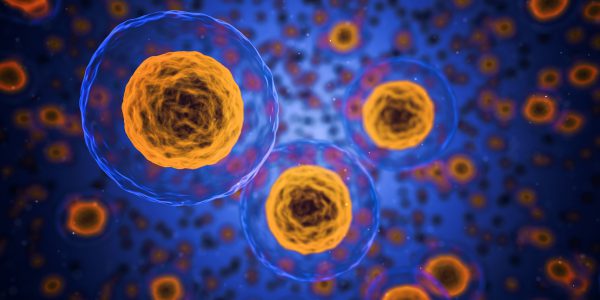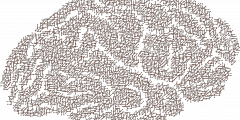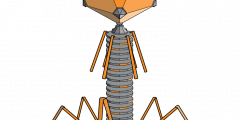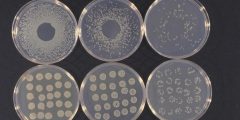Minimal biology
November 3, 2018
This morning (3rd November) I saw a tweet by @BrisSynBio announcing “Max Planck-Bristol Centre for Minimal Biology announced @BristolUni & @maxplanckpress partner to pursue game-changing research in the emerging field of #minimalbiology to address some of the most complex challenges in fundamental science”. I became curious and read the whole announcement, balking a bit at the pressreleasish …
Anticipating public reactions to emerging sciences and technologies: Nano, synbio and AI
September 14, 2018
In around 2003 I woke up to nanotechnology because I was watching my son play a computer game that involved ‘nano-armour’. That pricked my curiosity. Later I came across a quote from Howard Lovy, then editor of Small Times: “Nanotechnology, independent of its development as a science, is spreading as a cultural idea and icon. …
Phage and fiction
August 23, 2018
We have known about bacteriophages for over a century. I myself became vaguely aware of them around 2004 when I started to be interested in bacteria and antimicrobial resistance and later on when my mother had Clostridium difficile, a health-care associated infection related to antibiotic use. However, I never actually looked more closely at phages until Carmen …
Fermenting hope; fermenting hype?
March 23, 2018
When I first became involved with the Synthetic Biology Research Centre here at the University of Nottingham in 2014, I wrote a blog post in which I pointed to fermentation as one of its historical and intellectual roots. I called it ‘Fermenting thought’. Now, four years later, I have come across an article in The …
Frankenstein is about US not STEM
January 19, 2018
I was reading my tweets the other day and came across this one: “I am reading the octopus book. My main hobby now is looking up from the octopus book in order to share octofacts.” This is popular science (communication) at its best.* It also made me think. If readers of Mary Shelley’s Frankenstein (1818) had …
Social scientist needed to collaborate with synthetic biologists!
October 19, 2017
It’s that time of year again when we send out a call to undergraduates to become part of an exciting team adventure that ends in a big jamboree in Boston in November 2018 (see featured image). We especially need a social science undergraduate to take part (law, sociology, politics, etc.), with an interest in interdisciplinary …










